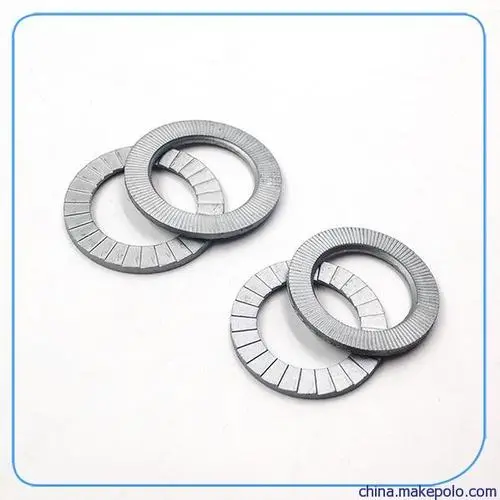Understanding Dimensions of Drywall Screw in Millimeters by Different Manufacturers
Understanding Drywall Screw Dimensions in Millimeters A Guide for Manufacturers
When it comes to constructing walls and ceilings, drywall screws play a crucial role in ensuring stability and durability. Among the various specifications that manufacturers must consider, the dimensions of drywall screws—particularly measured in millimeters—are essential for achieving optimal performance and compatibility with different materials. This article delves into the importance of drywall screw dimensions, their various types, and the factors manufacturers should consider during the production process.
The Importance of Screw Dimensions
Drywall screws are specifically designed for the fastening of drywall panels to wood or metal framing systems. Their dimensions—length, diameter, and head size—directly influence their effectiveness and suitability for various applications.
1. Length Drywall screws typically range from 25mm to 100mm in length. The length determines how deep the screw will embed into the framing material, affecting the holding power. For standard 12.5mm thick drywall, screws of around 32mm are often used. However, when dealing with thicker drywall or different substrates, manufacturers must ensure they offer appropriately sized screws.
2. Diameter The diameter of drywall screws usually ranges from 3.5mm to 4.5mm. A screw that’s too thin may not provide adequate strength, while one that’s too thick can cause damage to the drywall. The correct diameter also facilitates easier insertion, minimizing the risk of material cracking.
3. Head Size and Type The head of a drywall screw can vary, with options including flat, pan, and bugle heads. The bugle head, for instance, is designed to increase the surface area of the screw and reduce the risk of tearing the drywall paper. Understanding the specifications for head size in millimeters can help manufacturers create screws that not only adhere better but also produce a cleaner finish.
Types of Drywall Screws
drywall screw dimensions mm manufacturer

While the basic dimensions are significant, the type of drywall screw chosen also impacts performance. There are generally two popular types coarse-thread and fine-thread screws.
- Coarse-thread screws are typically used for wood framing, as their wider threads provide better grip in softer materials. These screws are ideal for standard drywall installations. - Fine-thread screws are designed for metal studs, where threads are closer together and more fine-tuned for enhanced grip in harder materials. This specificity in thread type is just another dimension that manufacturers must be mindful of during production.
Key Considerations for Manufacturers
Manufacturers aiming to produce high-quality drywall screws that meet industry standards should consider several factors during the design and manufacturing process
1. Material Quality Using materials such as hardened steel or stainless steel can enhance the durability and corrosion resistance of screws. This is particularly important for environments exposed to moisture. 2. Thread Design Implementing innovative thread designs can improve holding power and reduce the likelihood of stripping, which is critical for maintaining the integrity of drywall installations. 3. Coating Many manufacturers apply coatings, such as phosphate or epoxy, to improve the screw's performance and resistance to rust. These coatings should not only enhance durability but also facilitate easier driving into the substrate.
4. Testing and Compliance Adhering to industry standards is vital. Conducting rigorous testing for tensile strength and ensuring compliance with relevant building codes can bolster manufacturer credibility and customer trust.
Conclusion
In conclusion, understanding the dimensions of drywall screws in millimeters is instrumental for manufacturers focused on producing high-quality fastening solutions. These dimensions, alongside material quality and design specifications, play a significant role in the performance of drywall installations. By considering all these factors, manufacturers can contribute to safer, more reliable construction practices, ultimately leading to satisfied clients and successful projects. As the construction industry continues to evolve, so should the precision and innovation behind drywall screw manufacturing.
-
Top Choices for Plasterboard FixingNewsDec.26,2024
-
The Versatility of Specialty WashersNewsDec.26,2024
-
Secure Your ProjectsNewsDec.26,2024
-
Essential Screws for Chipboard Flooring ProjectsNewsDec.26,2024
-
Choosing the Right Drywall ScrewsNewsDec.26,2024
-
Black Phosphate Screws for Superior PerformanceNewsDec.26,2024
-
The Versatile Choice of Nylon Flat Washers for Your NeedsNewsDec.18,2024










